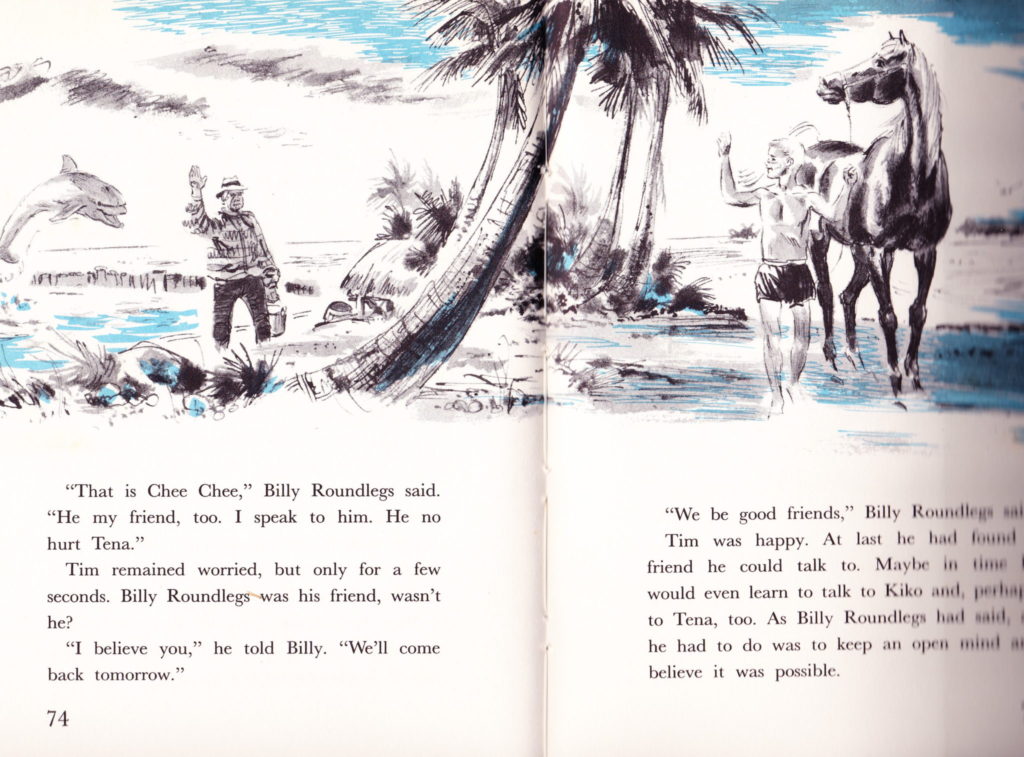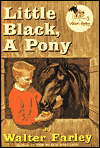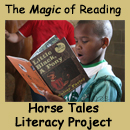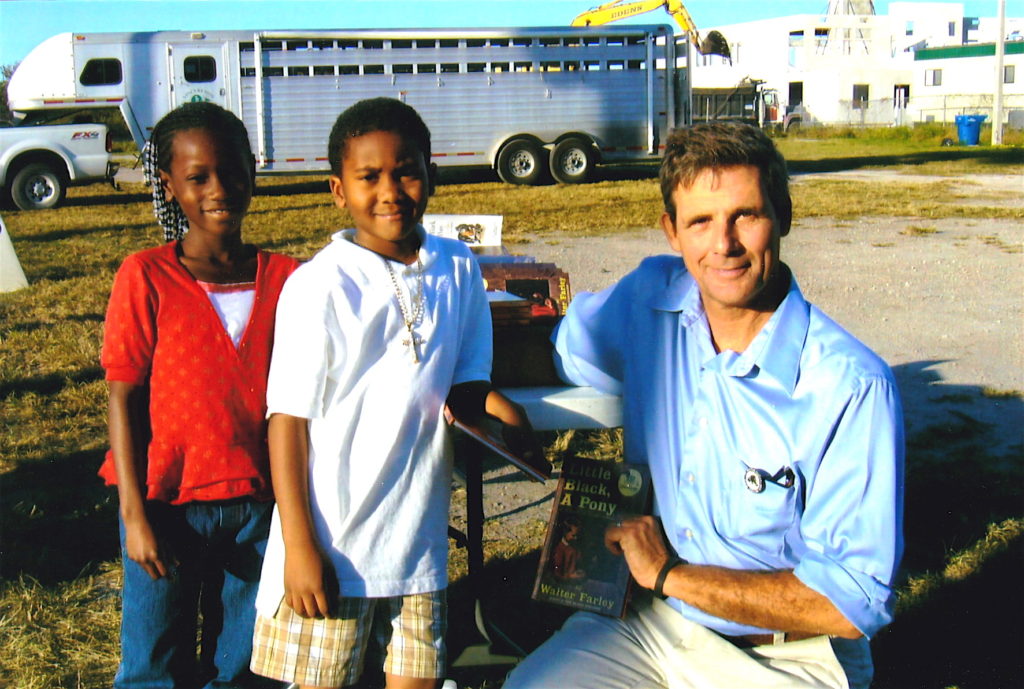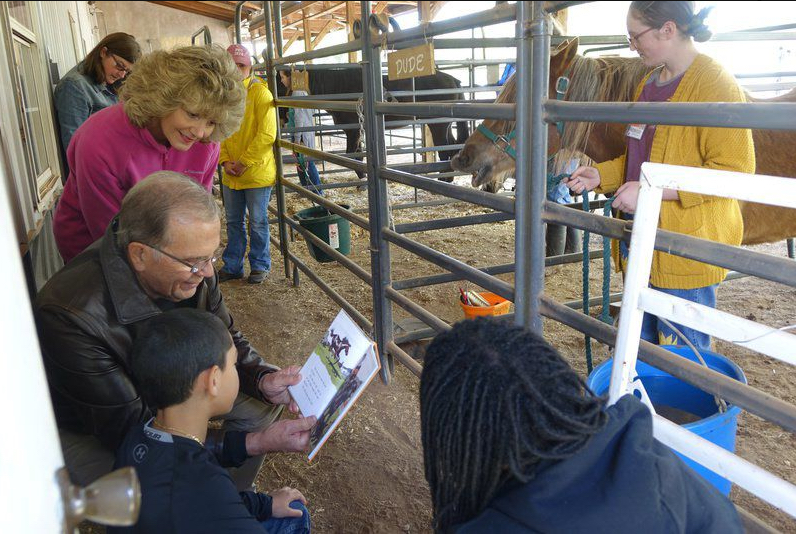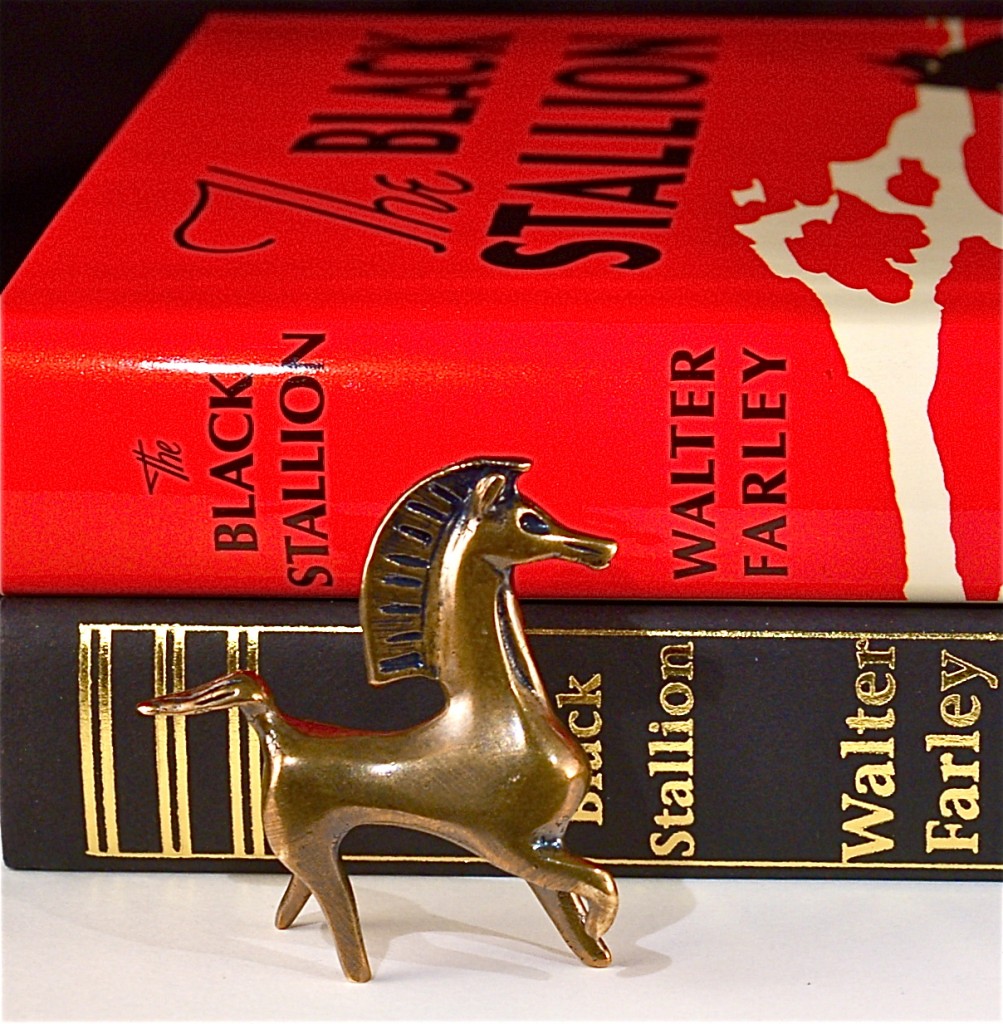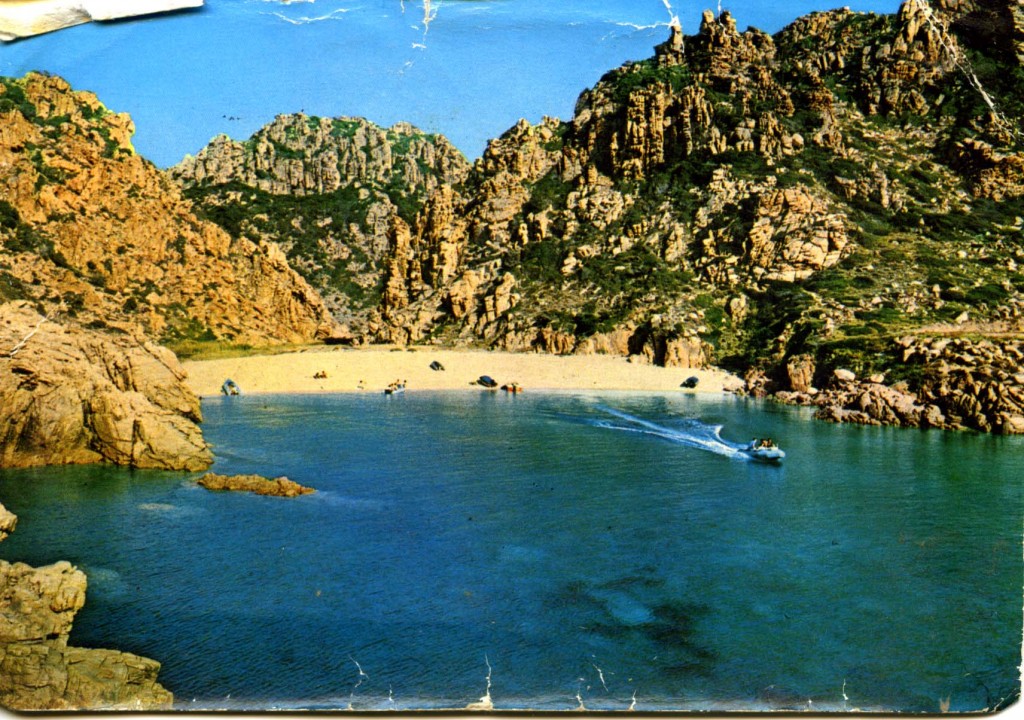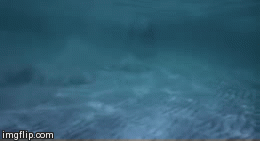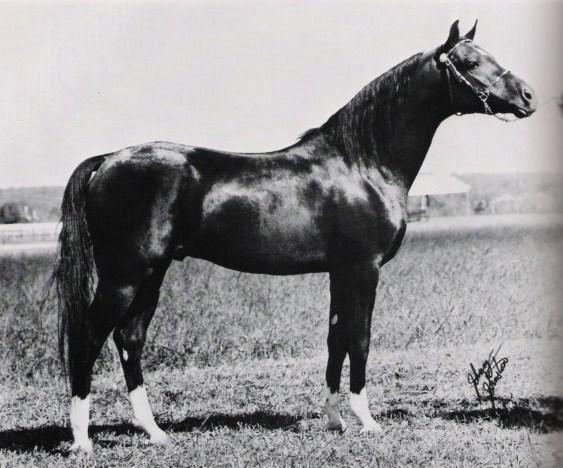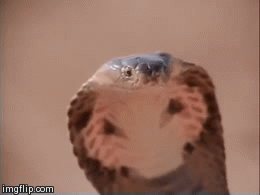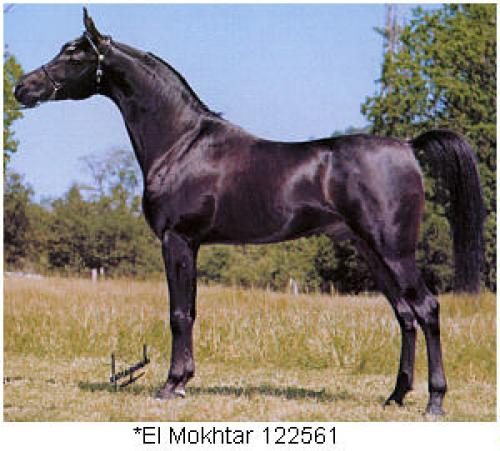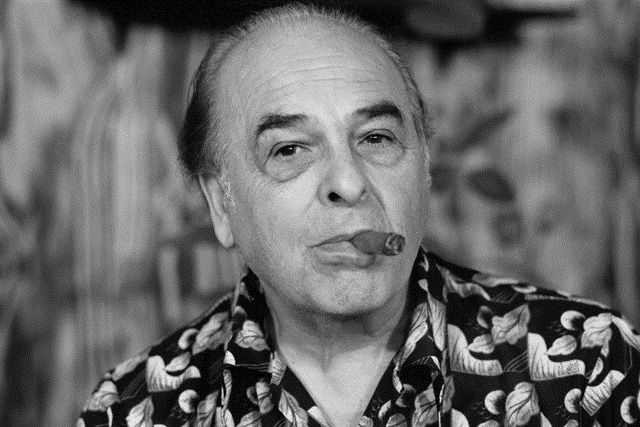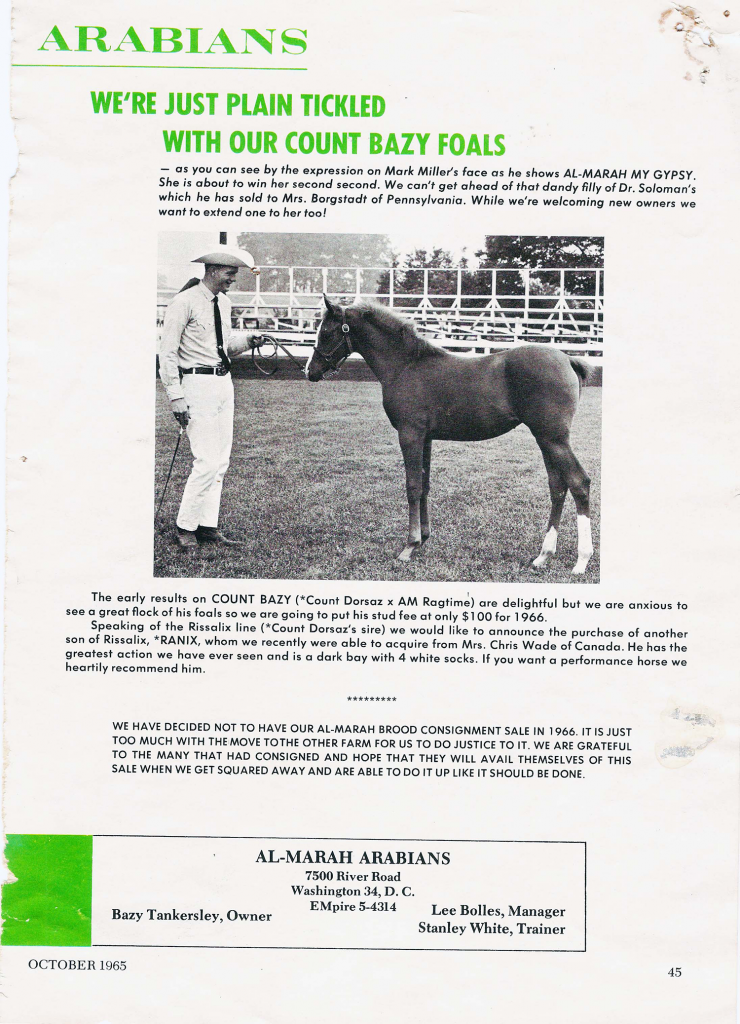Cowboys & Indians articles on the making of “the Black Stallion”

The Black Stallion’s Secret Weapon
BY Elizabeth Kaye McCall
Corky Randall: Legend and Friend
I met Hollywood horse trainer Corky Randall in 1997 on my first assignment for Cowboys & Indians. The horses were in training for The Mask of Zorro, one of his last films before retirement. My memories of the Hollywood horse training legend surfaced repeatedly while I was writing about the 40th anniversary of The Black Stallion, the movie that launched Corky’s training career.
“Training is really more understanding the animal than anything else,” Corky told me at one point. “It is also a profession that if you’re going to be very good, or a master, it has to be in your blood or your mind.”
Corky had both. He was a two-time winner of the PATSY Award, the animal trainer’s Oscar.
Born in Gering, Nebraska, in 1929, Corky had polio as a child. His father disagreed with the polio treatment of the day. Instead, he had Corky jumping rope and exercising, and his grandmother rubbed his legs. By age 9 or 10, Corky was galloping Thoroughbred colts in the morning for his father before going to school.
No big wonder that his father, Glenn Randall, Sr., would see horses as part of the regimen that would make his boy well. Randall Sr. trained Roy Rogers’ Trigger and the horses on Ben Hur (yes, the chariots!).
Having survived polio, once Corky started wrangling horses at Republic Studios during high school, he never considered another lifestyle.
While he’d made his name as a horse trainer on The Black Stallion 20-odd years before I met him, Corky still made a point of crediting his brother’s role in his success. “If it weren’t for ‘J.R.’ — ” Corky would say.
J.R. as in “junior”. “Junior” as in Hollywood stunt coordinator Glenn Randall Jr.
In one of the last interviews I did with Corky, he declared Cass-Olé , the black Arabian star of The Black Stallion, his all-time favorite equine actor. “He was so smart and such a character,” Corky said. “Cass-Olé loved to be around people and he loved to make pictures. He was almost human. He even had an expression on his face and horses usually don’t have expressions.
“You run into exceptional animals. They come like people. Some are just outstandingly brilliant in certain fields. They’re kind of like little kids. They like to show off and they’re just very easy to work in a picture. They seem like a well-trained actor — they just fall in there and do their part.”
Corky died in 2009 at the age of 80. I will never forget the sound of his gravelly voice, his kindness, and his willingness to discuss horses and Hollywood.
Nor will I forget something that Corky once said and that I remembered time and again while writing about that very special film: “I think there are still a lot of successful pictures to be made with horses, if you can capture the relationship between the animal and the person, like they did on The Black Stallion.”
More about The Black Stallion
The Black Stallion: A Heartwarming Epic For The Ages
The Black Stallion’s Accidental Screenwriter
The Black Stallion at 40 With Stunt Coordinator Glenn Randall
The Black Stallion at 40 With Production Assistant Tim Farley
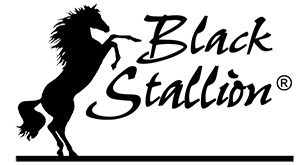
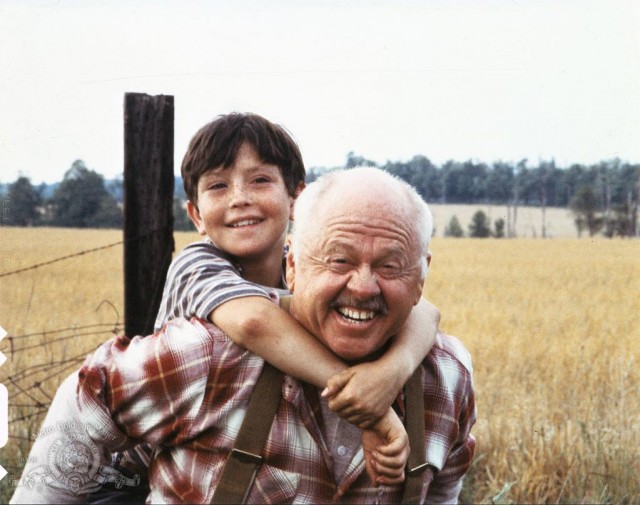
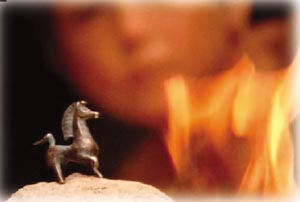
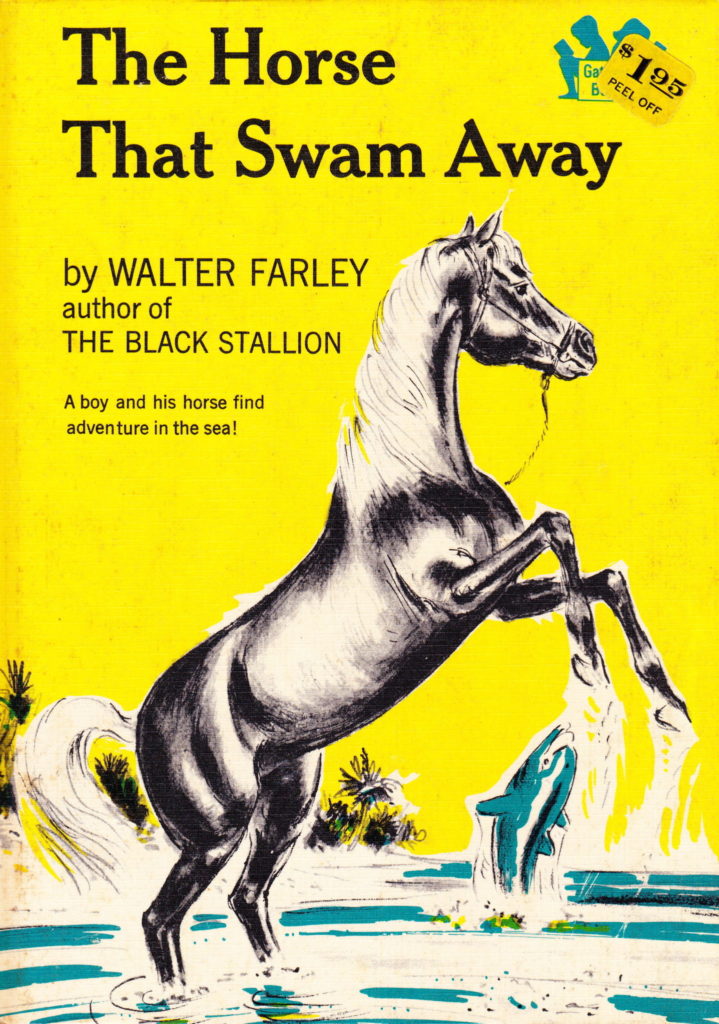
 Tim and Al Marah Athena (TENA) are the heros in this book of Dad’s set in Venice, Florida.
Tim and Al Marah Athena (TENA) are the heros in this book of Dad’s set in Venice, Florida.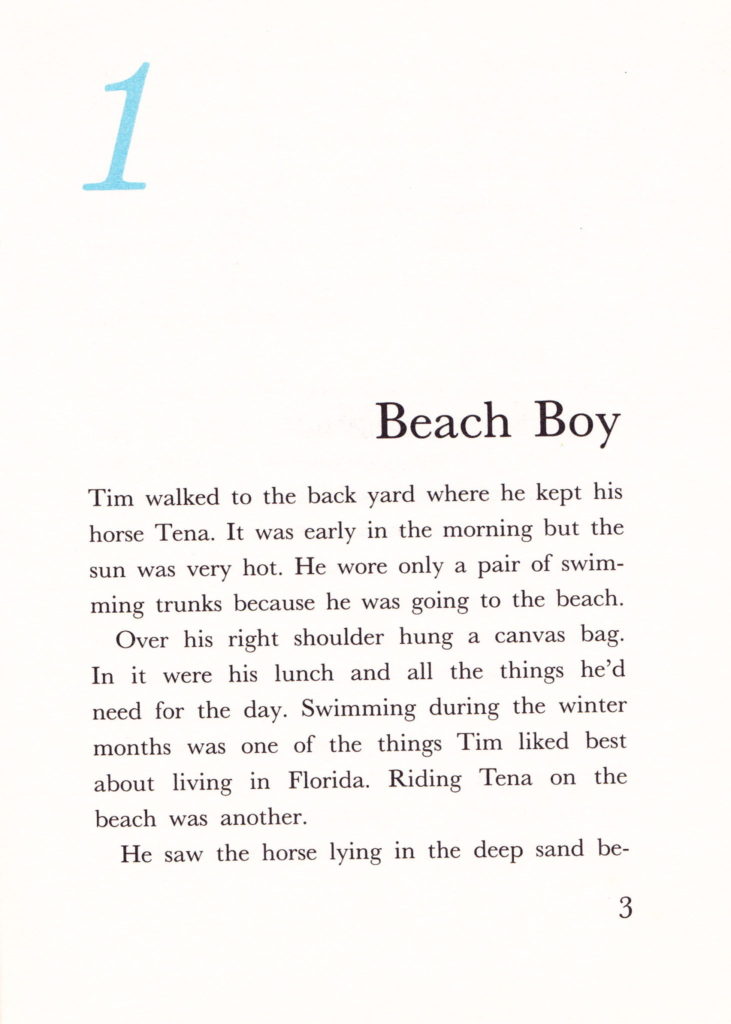
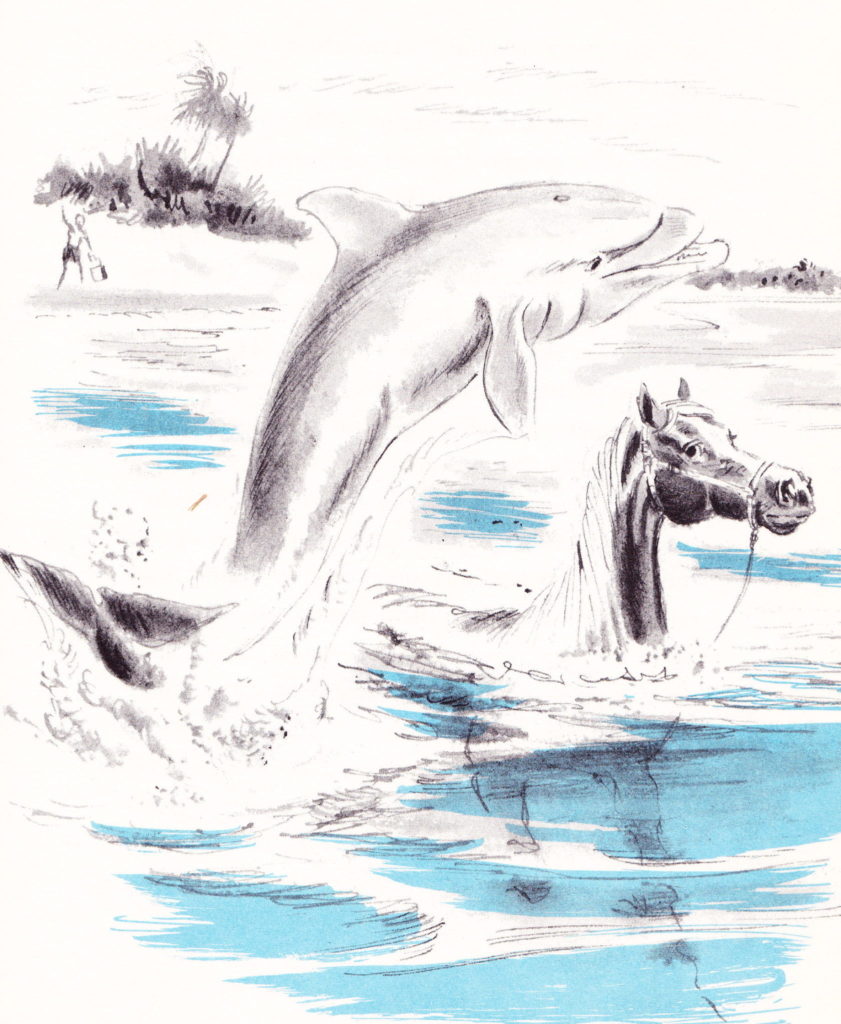
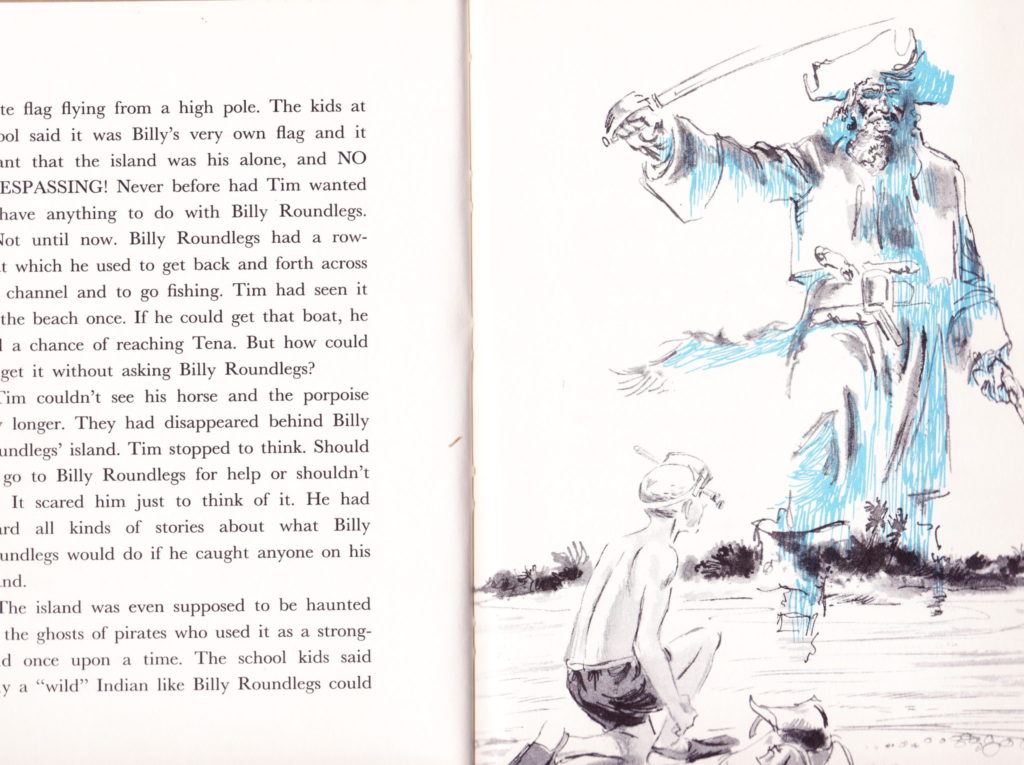 This one I think is very interesting as Ben Stahl was writing “BlackBeard’s Ghost” at the same time (1965) which became a Disney movie. All the ‘kids’ went to school together at Out-of-Door on Siesta Key.
This one I think is very interesting as Ben Stahl was writing “BlackBeard’s Ghost” at the same time (1965) which became a Disney movie. All the ‘kids’ went to school together at Out-of-Door on Siesta Key.